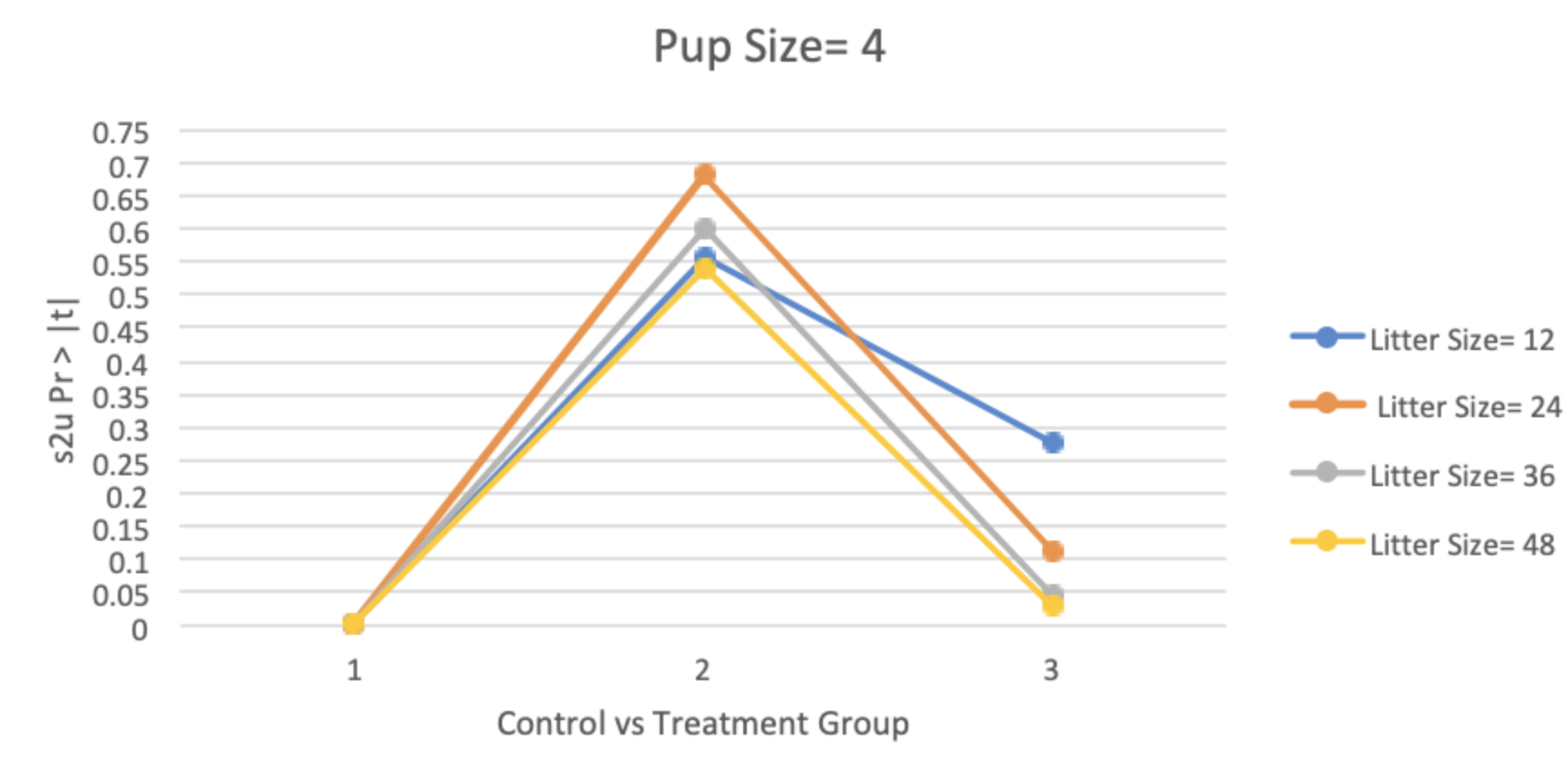With eight ingredients, twenty years of work, and one billion euros, scientists have tested the boundaries of existence, paving the way to creating life from scratch. Dr. Petra Schwille of Germany’s Max Planck Institute led a team with a mission to assemble biomolecules under specific conditions to simulate aspects of life.
Convergence in Mixed Effects Logistic Regression Models
The National Toxicology Program (NTP) uses experimental designs which include exposing rodents to chemicals from in utero through two years of age. Each cohort consists of pups from various litters, suggesting that within-litter correlations should be considered when conducting statistical analyses as statistical significance of the dose-effect may be impacted by this litter effect. When the response under study, such as tumor occurrence, is a normally distributed continuous measure, to adjust for the within-litter correlation, a nested analysis of variance can be implemented. However, this is more difficult when the response is dichotomous and rare, such as the occurrence of less common tumors. When analyzing common tumors, within-litter correlations can be included into the mixed effects logistic regression models used to test for dose-effects. In contrast, when studying less common tumors, these models often fail to converge, and thus prevent testing for dose effects. The objective of this study is to determine the conditions under which mixed effects logistic regression models fail to converge using SAS procedures with litter correlations.
Fully Automated GrowCut-based Segmentation of Melanoma in Dermoscopic Images
Automatic medical diagnosis is extremely important for skin cancer, as patient survival rates for melanoma, the deadliest form of skin cancer, dramatically increase if the malignant skin lesion is identified early. This paper presents an original, fully automatic skin cancer segmentation algorithm. Segmentation is the process of extracting and labeling objects in an input image. The extracted objects, or features, can be used to automatically produce a diagnosis. The proposed segmentation algorithm has an average accuracy of 0.88 and a median accuracy of 0.94, giving it the potential to make a widespread impact in the clinical diagnosis of skin cancer. This new algorithm represents a more accurate and efficient diagnostic tool than the current clinical standard and is a significant improvement over well-known baseline segmentation methods.
Researching Complex Carbohydrates: Interview with Dr. Alan Darvill
Dr. Alan Darvill is Regents Professor and Director of the Complex Carbohydrate Research Center (CCRC). His research focuses on the structural characterization of plant carbohydrates and determining complex structures in plants. Dr. Peter Albersheim and Dr. Alan Darvill established the CCRC as directors in 1985 along with their 16-member research team. Since then, they have found many revolutionary discoveries about various carbohydrate structure and function in the plant cell.


